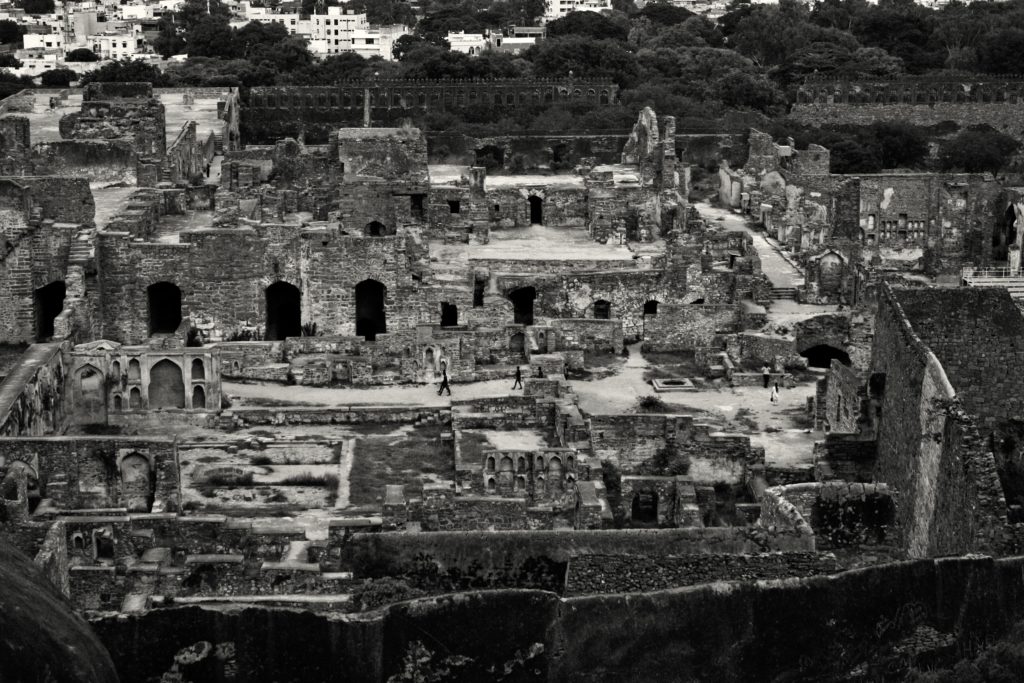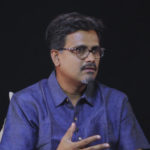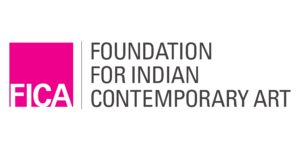Practicing Public Art
Exploring tools for site-specific dialogues - A Collaboration with FICA

Photo credit: Annalisa Mansukhani, Golconda fort, 2015
Key information
Application Deadline: 19 October 2022
Duration of the workshop: 5 weeks
All sessions for the first four weeks will be held online on Zoom. The last week of sessions will take place on-site in Delhi.
Week 1: 2, 4, 5 November
Week 2: 7, 9, 11 November
Week 3: 14, 16, 18 November
Week 4: 21, 23, 25 November
Week 5: 3 – 10 December (on-site in Delhi)
Days: Monday, Wednesday, Friday. Week 5 will have sessions scheduled daily.
Timing: 3 – 5 PM (For online sessions) Week 5 will have sessions from 10 AM to 6 PM.
Course Facilitator: Sanchayan Ghosh
Fees: INR 1000/-
If the price of this workshop is prohibitive, and the fees prevent you from participating, kindly contact us at [email protected]. We have a limited number of supported places to enable participants to attend this workshop, with a fee waiver.
Please note the workshop will be limited to 10 participants only.
About
A site carries in it elements of continuity and transition, while also accumulating experiences, memories, mundanities and contestations. ‘Site’ is evocative, it is both unwieldy and welcoming, requiring us to further mould its micro-specificities into macro-understandings of public sites and our relationships with/in them. Working with site-specific art brings us closer to studying the inherent nomadic traits of making; such practices develop an agility to engage with the links between interconnected parts in a site, visualising space, building systems and languages of making with.
Led by Sanchayan Ghosh, Practising Public Art: Exploring tools for site-specific dialogues intends to unpack the thematics that accompany our notions of site and situatedness, working towards dispersed and multi-sensory engagements in the field of public art. We hope to open up possibilities of artistic research by expanding on methodologies, processes, mediums and materials, seeking to deconstruct the idea of research itself, looking at public art in both traditional and transformative ways. The workshop will enliven artistic practice and research as an expanded field of study; a reciprocal process of investigation and participation, a collective endeavour of reading the relationships that form between a site and that which occupies it. How do histories of a site communicate with its present interventions? What kind of archives are produced by a public ownership of a site? Where does the performativity of a monument lie? In asking these and several more questions around public art, public spheres and the criticality that underlies public engagement, this workshop will explore what it means to participate in the existing design of a space, converse with the possibilities of a collective and continually reassess the evolving nature of the site-specific across contexts.
The workshop will also include three public lectures by resource persons other than the workshop facilitator. Attendance for the same will be mandatory.
For more information on the modules, click here.
Some of the modules in the course will focus on
- Introduction to public art practices
- Public art beyond monuments
- Public art as a temporary site-specific dialogue
- Public art, museum practices and other institutional dialogues
application requirements
A single PDF (max. 10 MB) with:
a) A brief statement of purpose outlining your interest + a proposed public art project/ themes around public art you would like to work on or are currently working on
b) Your CV
c) A few samples of your work (writings, artworks, projects undertaken etc)
Please ensure external images, texts and video files are included as links within the PDF itself.
Applicants are requested to keep the following in mind
a) The workshop is open to creative practitioners working with public art practices/practitioners with sustained public art projects over the years/those currently interested in developing projects around public art
b) Participants should be willing to work virtually for online sessions and commit to travelling to and spending one week in Delhi as part of the last module of the workshop. No financial support is available for the same.
c) Participants should not have an ongoing educational institution affiliation i.e., should not be enrolled in an educational programme.
d) The course will require intensive engagement with all themes and module exercises. Participants who sign up for it should be ready to commit to the whole programme and be present for every session.
COURSE EDUCATOR

Sanchayan Ghosh received his Masters in Fine Arts from Kala Bhavan, Santiniketan in 1997 and currently works as an Associate Professor, Department of Painting, Kala Bhavan, Visva Bharati University, Santiniketan. Over the years, Sanchayan has been interested in site-specific art and has done extensive work in space designing for experimental and contemporary theatre. With his inspirations from community ritual events and pedagogic practice in Santiniketan and his workshop experience with Third theatre exponent Badal Sarkar he involves pedagogy as practice where he generates collective process of working and learning through workshops process that is interactive and participatory. He re-engages with the notion of study from a multifaceted reciprocal conversation to emerge interdisciplinary crossover of multiple practices and generate critical dialogue around land, landscape transformation, labour and practice.
Sanchayan has offered many workshops to students of different institutions all over India and has most recently been part of the six-member curatorial team of Students’ Biennale 2018 in Kochi, held parallel with Kochi Muziris Biennale 2018. He has also participated and conducted a workshop in the Documenta 14, Gathering Under the Mango Tree – Sites of Learning, 2017.
ABOUT FICA

The Foundation for Indian Contemporary Art is a not-for-profit organisation that aims to broaden the audience for contemporary Indian art, enhance opportunities for artists, and establish a continuous dialogue between the arts and the public. We encourage and support innovative practices in the field of visual arts through collaborations, grant-giving and experimental pedagogies. Over the past 15 years, FICA has worked to develop active public programming with the intention of bringing contemporary art closer to its audience. It has remained invested in providing annual grants to various practitioners (whether artists, writers, researchers, public art projects), and creating and establishing sites of learning that take shape as forums, workshops and seminars. We remain compelled to find new ways of sustaining its fundamentals as an organization committed to consistently engaging with different audiences, stakeholders and communities.

